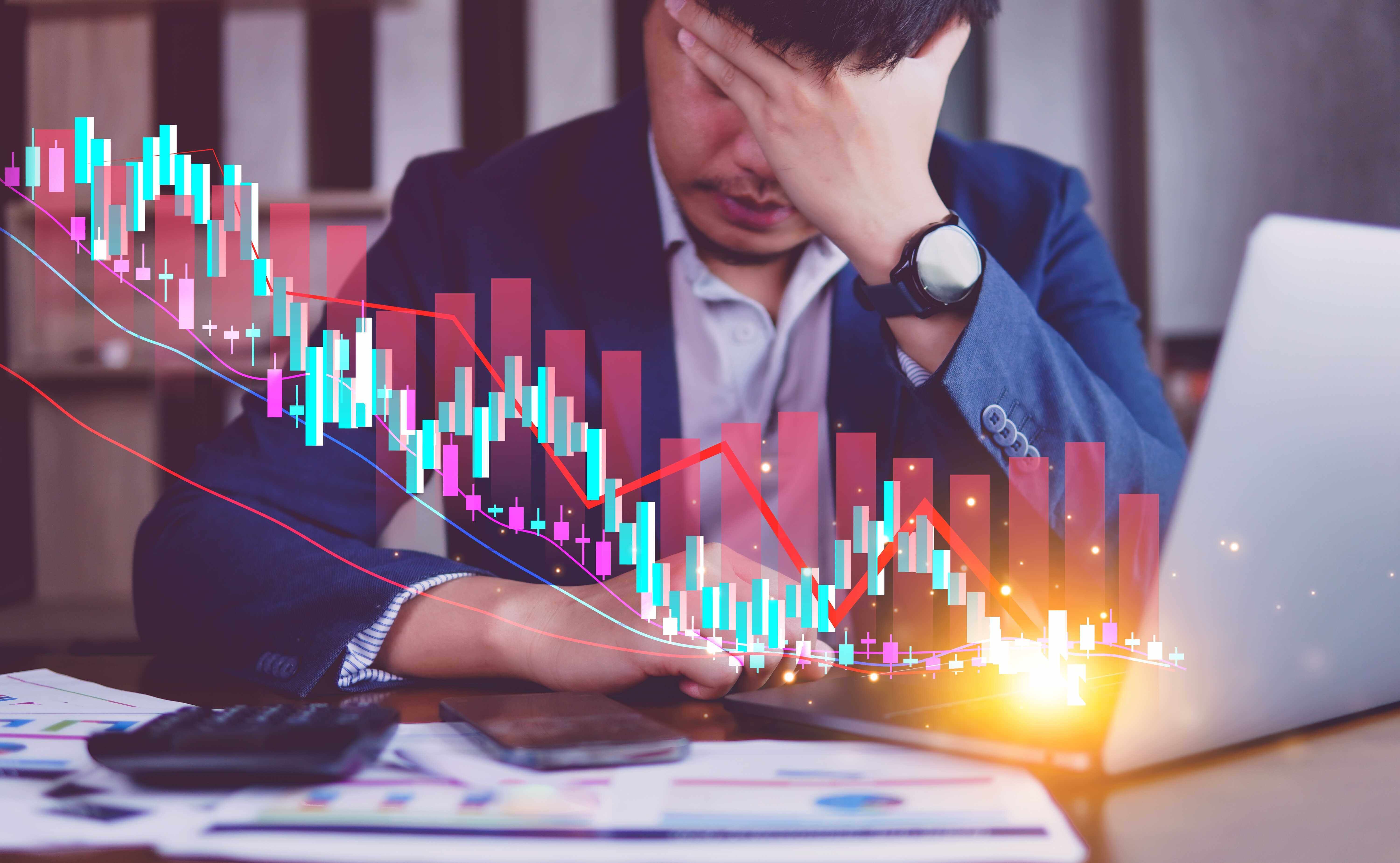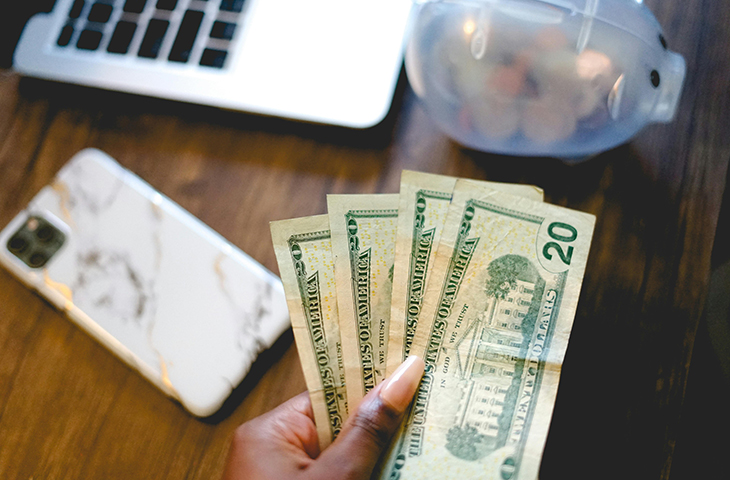Nio: Buy, Sell, Or Hold?

Nio (NYSE: NIO) is a fast-growing Chinese electric vehicle (EV) manufacturer looking to capitalize on a rapidly expanding market opportunity with its focus on high-performance electric SUVs and sedans.
According to a report published by Frost & Sullivan, China's electric vehicle (EV) market is expected to grow by 16% compounded annually through 2030. However, before you scoop up shares in the EV maker, there are some things you should consider first.
Start Your Mornings Smarter! Wake up with Breakfast news in your inbox every market day. Sign Up For Free »
Nio is growing rapidly
Founded in 2014 and headquartered in Shanghai, Nio is one of several companies leading the charge in the EV revolution. As of last year, Nio is China's fifth-largest pure EV brand, with sales of approximately 160,000 units, capturing about 3% of the market share. Industry leader BYD has set the pace with 1.3 million EV sales, followed by Tesla at 603,000.
One unique aspect of Nio's business is its Battery-as-a-Service model. This approach to recharging allows drivers to swap depleted batteries for fully charged ones at battery-swapping stations, helping eliminate long waiting times associated with traditional charging.
Nio primarily generates revenue through the sale of electric vehicles, its charging solutions, including charging stations and battery swapping options, and subscription services, such as insurance, maintenance, roadside assistance, and data services tailored to its users.
Growth has come at a significant cost
Nio has demonstrated remarkable growth, with revenues growing by 50% compounded annually from 2020 through last year. The company has consistently increased its vehicle deliveries, showcasing strong demand and its ability to scale up and meet these demands.
That said, the EV maker has yet to turn a full-year profit as it invests heavily in research and development, and expansion costs. From 2020 through 2023, Nio has posted losses that have increased year after year. The trend has continued, with the EV maker posting $2.1 billion in losses through three quarters of 2024.
With losses piling up, one thing investors should watch for is shareholder dilution. Over five years, Nio's shares outstanding have doubled, from 1.03 billion to 2.06 billion. While this provides necessary funds for operations, the long-term effect is detrimental for current shareholders, as their stakes in the company become less valuable over time.
NIO Revenue (TTM) data by YCharts
What's next for Nio?
Next year, Nio projects that it will double its EV sales to 450,000 units. While its larger scale could help as it works toward profitability, the company faces increasing competition next year.
According to one analyst at Goldman Sachs, the company's plan to expand its Onvo sales network will likely lead to increased expenses and further operating losses. Analysts at Bank of America have similar concerns, projecting that anticipated volume growth next year could be countered by slower margin expansion and rising operating expenses.
Nio also faces regulatory risks due to trade wars and tariffs. For example, in October, the European Union applied tariffs on EVs imported from China, saying the Chinese EV makers benefit from massive government subsidies that allow them to undercut rival producers.
Also, earlier this year, the Biden administration put new tariffs on China's EVs, batteries, and solar cells. President-elect Donald Trump also threatened to impose additional tariffs as part of ongoing trade wars between China and the U.S.
Buy, hold, or sell Nio stock?
Nio is a fast-growing company but faces serious headwinds that could impact the business in the near term. In addition to regulatory risks, it needs to improve its margins and rein in costs to achieve operating profitability. Given these challenges, I think Nio stock is a sell today.
Don’t miss this second chance at a potentially lucrative opportunity
Ever feel like you missed the boat in buying the most successful stocks? Then you’ll want to hear this.
On rare occasions, our expert team of analysts issues a “Double Down” stock recommendation for companies that they think are about to pop. If you’re worried you’ve already missed your chance to invest, now is the best time to buy before it’s too late. And the numbers speak for themselves:
- Nvidia: if you invested $1,000 when we doubled down in 2009, you’d have $338,855!*
- Apple: if you invested $1,000 when we doubled down in 2008, you’d have $47,306!*
- Netflix: if you invested $1,000 when we doubled down in 2004, you’d have $486,462!*
Right now, we’re issuing “Double Down” alerts for three incredible companies, and there may not be another chance like this anytime soon.
*Stock Advisor returns as of December 16, 2024
Bank of America is an advertising partner of Motley Fool Money. Courtney Carlsen has no position in any of the stocks mentioned. The Motley Fool has positions in and recommends Bank of America, Goldman Sachs Group, and Tesla. The Motley Fool recommends BYD Company. The Motley Fool has a disclosure policy.

